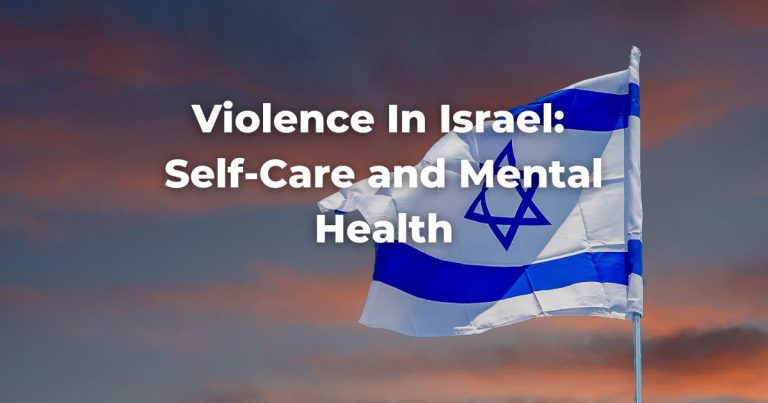If at all possible, the dying person should try to recite the Shema (also spelled Sh’ma) with their dying breath.
If that is impossible, either because of the progression of the illness or because the individual is unconscious, a rabbi or any family member can recite the prayer instead.
There is a longer prayer, usually called the Viddui (confession), that can be recited at a patient’s deathbed, but which can also be recited in advance of the patient’s last moments and, if possible, which should be said while the patient is still aware of their surroundings and able to respond, even slightly, to the words of the prayer.
When death becomes imminent, however, the recital of this prayer is appropriate by anybody at all on behalf of the dying individual.
One should always explain that reciting the Viddui is part of the traditional response to grave illness and is not necessarily an indication of imminent demise.
This explanation should be directed toward the patient even if that individual appears to be indifferent or unable to respond in any visible way.
There are several different versions of the Viddui prayer.
A short form of this prayer is as follows:
“My God and God of my ancestors, accept my prayer. Do not turn away. Forgive me for all the times I may have disappointed You, for I am aware of the wrongs I have committed. May my pain and suffering serve as atonement. Forgive my shortcomings, for against You have I sinned. May it be Your will, Eternal God, my God and God of my ancestors, that I endure my illness with a clear conscience and in accordance with Your will. Send a r’fu·ah sh’leimah, a complete healing, to me and to all who suffer. My life and death are in Your hands, O Eternal God, my God. May it be Your will to heal me. Guardian of the bereaved, protect my beloved family, for our souls are bound together. In Your hands lies my spirit. Hear, O Israel: the Eternal is our God, the Eternal is one.”
Whenever possible, a dying person should not be left alone.
Illness is often not only a painful, but also a frightening and lonely experience. Many friends sever contact with a dying person, either because they are uncomfortable around illness and are uncertain what to say or because of some deeply rooted traumatic experience with death, or simply because it reminds them of their own mortality.
Whatever the reason anyone feels tempted to flee the presence of the dying, tradition demands that we attempt to overcome our anxiety or ill-ease and not to leave a dying person alone.
Even a non-responsive patient at the very last moments of life is to be treated with loving attention and dignity.
Judaism does not recognize any gray area between life and death.
As long as someone is living, they are to be treated as a cherished friend or relation, and as someone not to be abandoned simply to spare the living the pain of witnessing their own loss. There often is very little else that non-physicians can do for the dying, but merely staying with the dying individual can be the greatest of all kindnesses and should not be trivialized.
When family and friends cannot be with the dying individual around the clock for days at a time, it is a worthy gesture to arrange for a nurse or companion to be present at all hours the patient would otherwise be alone.
Adapted with permission from The Observant Life.
Authors
-

-



The Observant Life: The Wisdom of Conservative Judaism for Contemporary Jews distills a century of thoughtful inquiry into the most profound of all Jewish questions: how to suffuse life with timeless values, how to remain loyal to the covenant that binds the Jewish people and the God of Israel, and how to embrace the law while retaining an abiding sense of fidelity to one’s own moral path in life. Written in a multiplicity of voices inspired by a common vision, the authors of The Observant Life explain what it means in the ultimate sense to live a Jewish life, and to live it honestly, morally, and purposefully. The work is a comprehensive guide to life in the 21st Century. Chapters on Jewish rituals including prayer, holiday, life cycle events and Jewish ethics such as citizenship, slander, taxes, wills, the courts, the work place and so much more.
View all posts





